Meet Our Team
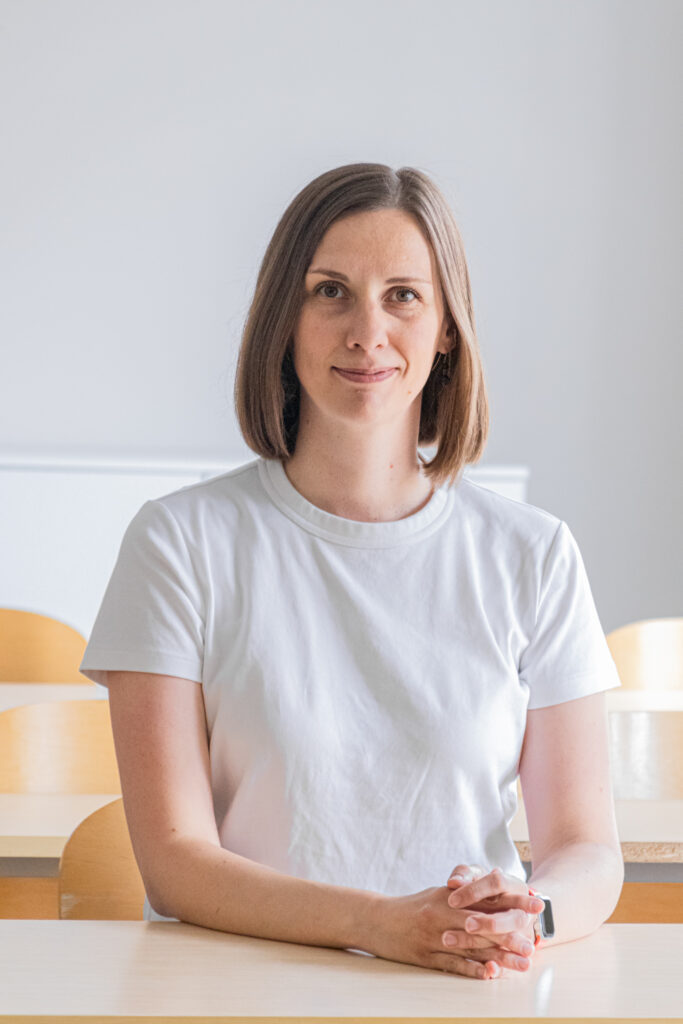
Anastasiya Astapova
Tartu University, Estonia
Dr. Anastasiya Astapova is an Associate Professor of Folkloristics at the University of Tartu and a member of the Estonian Young Academy of Sciences. Her research focuses on conspiracy theories, misinformation, humor, and migration. She is currently a country partner in several international projects, including ERC Conspirations – Conflicts over Conspiracy Theories, Erasmus Conspire: Conspiracy Theories and Radicalization Risks in Europe, Horizon Europe DELIAH: Democratic Literacy and Humour, and Horizon-MSCA HUMLIT: Developing Humour Literacy. She is also the principal investigator of the Estonian Science Agency project COVID-19 Conspiracy Theories: Contents, Channels, and Target Groups. Astapova co-edited the volume Conspiracy Theories in Eastern Europe: Tropes and Trends and co-authored the monograph Conspiracy Theories and the Nordic Countries (both published with Routledge).
In 2024–25, Astapova held a Stanford CREEES Fellowship in Security and International Affairs.In 2025-2026, she is a chair of CONNOR.
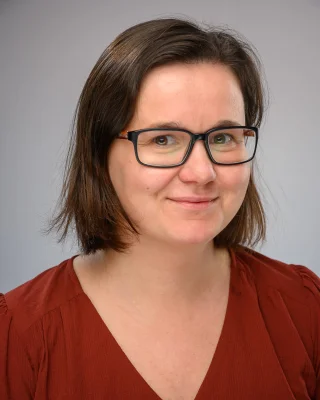
Ela Drazkiewicz
Lund University, Sweden
Dr. Ela Drazkiewicz is an anthro-ethnologist and Associate Professor at Lund University, specializing in political, economic, and organizational anthropology. She leads the ERC-funded CONSPIRATIONS project on conflicts over conspiracy theories in Europe, as well as the NordForsk NORDREN project on Nordic disinformation preparedness, and the CHANSE REDACT project on digitalization and conspiracy theories. Her book Institutionalised Dreams: The Art of Managing Foreign Aid (2020) explores the moral economy of aid through research in Poland and South Sudan. Previously, she held positions at the Slovak Academy of Sciences and Maynooth University. She earned her PhD in Anthropology from the University of Cambridge (2012).
Publications

Rikke Alberg Peters
University College Lillebaelt, Denmark
Dr. Rikke Alberg Peters holds a PhD in the history of ideas from Aarhus University, with a dissertation on far-right movements in the interwar period. She is currently employed as associate professor at HistorieLab and at the teacher education program at UCL University College. Her research focuses on children’s and young people’s online lives, conspiracy theories and fake news in the post-truth era, vaccine scepticism, and the broader challenge to traditional knowledge authorities. She also works on the prevention of online radicalization, particularly among youth. She has delivered numerous keynotes and serves as a consultant for institutions such as the Danish Prison and Probation Service, the Danish Security and Intelligence Service (PET), and the Centre for Documentation and Prevention of Extremism.
Publications
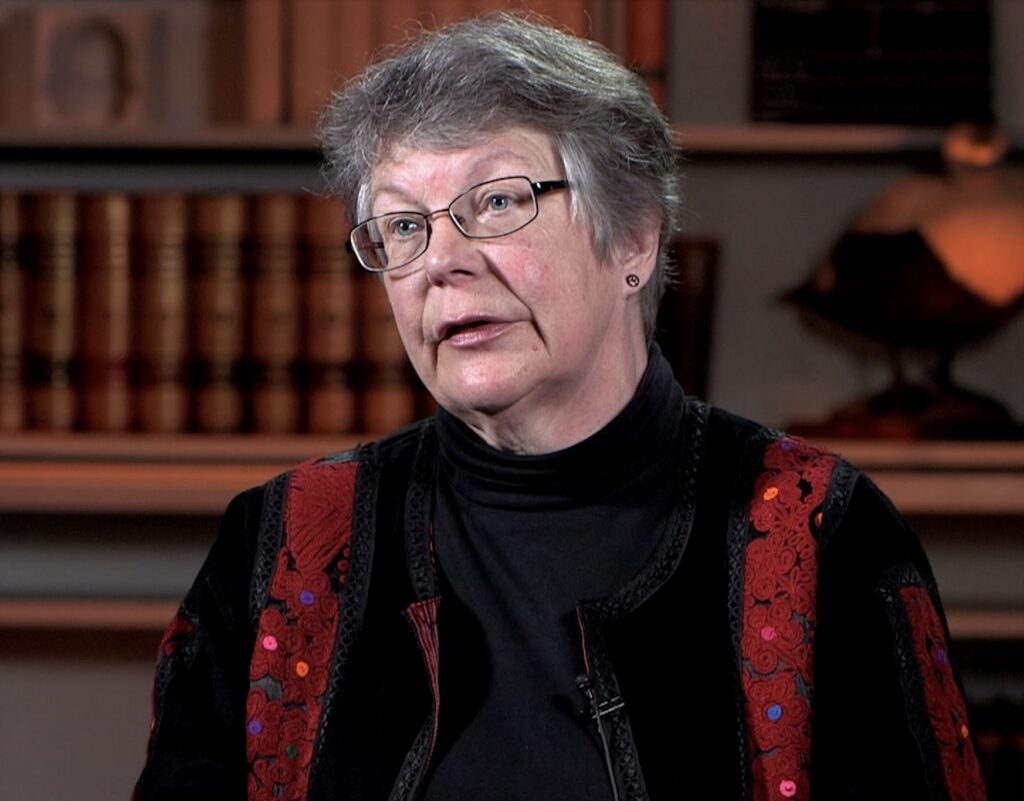
Annika Rabo
Stockholm University, Sweden
Dr. Annika Rabo is a Professor emeritus of Social Anthropology at Stockholm University, earned her Ph.D. on the political and social effects of irrigation along the Euphrates in Syria. She has conducted research in Syria, Lebanon, Jordan, Sweden, and Tunisia, focusing on development, trade, family law, migration, and education. She led projects on teacher education, citizenship in educational texts, and welfare in transnational spaces. A member of the COST-funded COMPACT network on conspiracy theories, she contributed anthropological perspectives to the study of conspiracy beliefs, exploring how such narratives intersect with state-citizen relations, classifications, policies, and power dynamics. While much of her career focused on the Middle East, migration, and education, her engagement in COMPACT linked these interests to contemporary debates on trust, authority, and the circulation of conspiratorial ideas across national and transnational contexts.
Publications
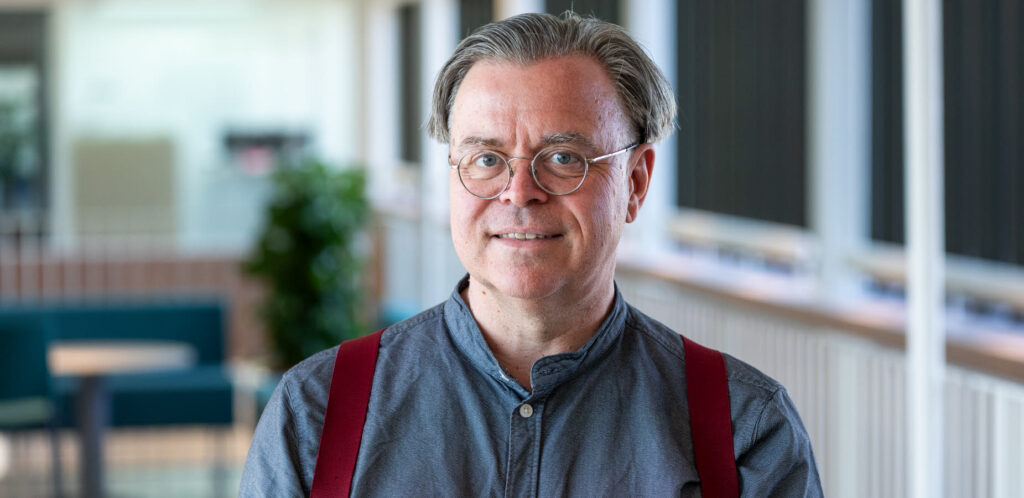
Andreas Önnerfors
Linnaeus University, Sweden
Dr. Andreas Önnerfors is professor at Linnaeus University’s Fojo Media Institute, Sweden, specializing in intellectual history, radicalization, disinformation, and conspiracy theories. Trained in the history of science and ideas at Lund University (Ph.D. 2003), he has held academic positions in Sweden, Germany, France, and the UK, including Director of the Centre for Research into Freemasonry and Fraternalism at the University of Sheffield. His recent research explores the historical roots and contemporary appeal of conspiracy theories, malign influence operations, and the resilience of democratic discourse. At Linnaeus, he leads projects on fact-checking, alternative media logics, and education for journalists on disinformation.
Publications
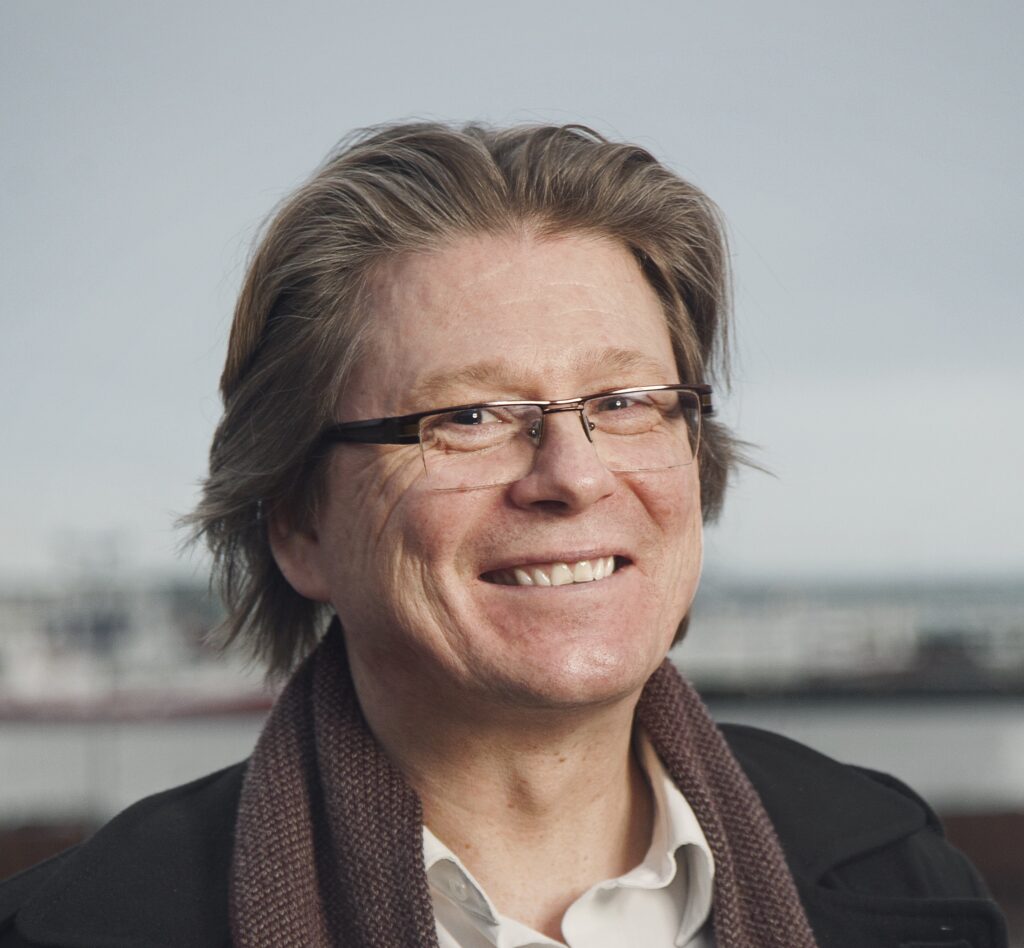
Eirikur Bergmann
Bifröst University, Iceland
Dr. Eirikur Bergmann is a Professor of Politics at Bifröst University in Iceland. His research examines the international intersections of nationalism, populism, and conspiracy theories. He also writes on European integration, Icelandic politics, and forms of democratic participation. He has published twelve scholarly books and numerous peer-reviewed articles. Bergmann has contributed to public discourse through long-standing political analysis and commentary engagement. In addition to his academic writing, he is the author of four novels published in Icelandic.
Publications
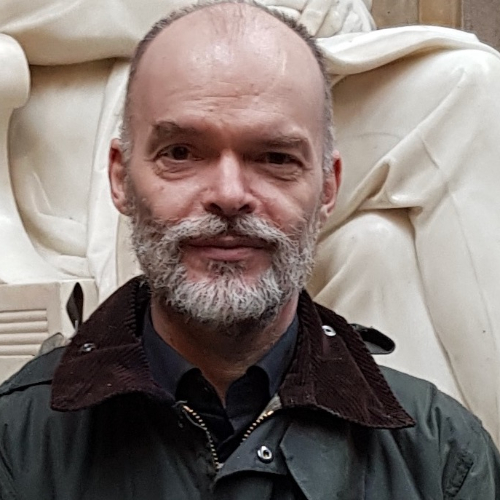
Asbjørn Dyrendal
NTNU, Norway
Dr. Asbjørn Dyrendal is a Professor of religious studies at the Norwegian University of Science and Technology (NTNU). Trained in history, sociology, and the history of religions, he earned his doctorate on American evangelicals and the “satanism panic.” His research spans satanism, apocalyptic thought, New Age, and esotericism, with recent focus on conspiracy culture and theories from psychological and cultural perspectives. A fellow of the Royal Norwegian Society of Sciences and Letters, he has co-edited journals, led research networks, and published widely, including Hva er konspirasjonsteorier? (2019, with Terje Emberland). He is a frequent media commentator in Norway.
Publications
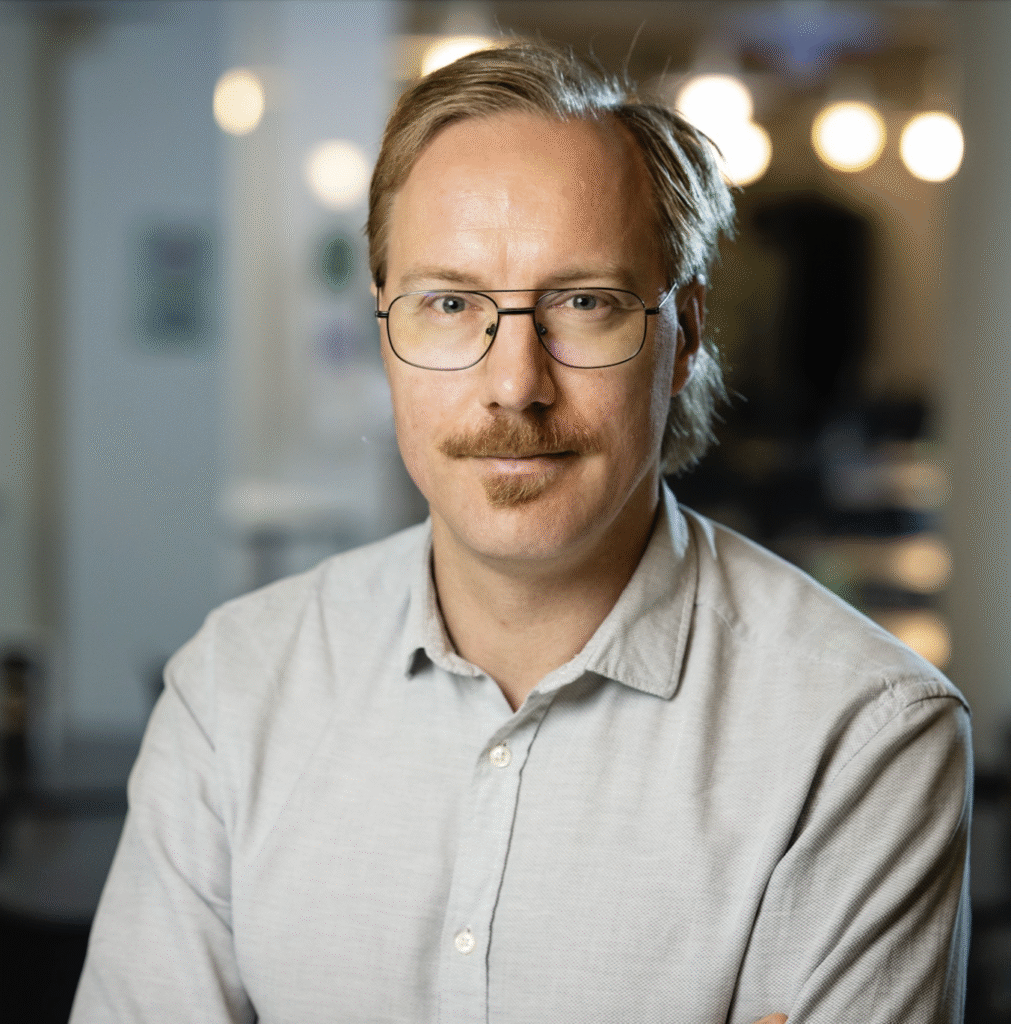
Niko Pyrhönen
University of Helsinki, Finland
Dr. Niko Pyrhönen works as a university researcher at the Faculty of Theology at the University of Helsinki. His areas of expertise include the mobilization of the radical right (PhD, 2015), the channeling of forms of special and stigmatized knowledge in hybrid media spaces, the conceptualization of the “post-truth era,” and digital ethnography of conspiracy cultures. He was the PI of the Conspiracy Talk in the Lives of Ordinary Americans project (CONSPOA, 2023–2024) at the Humanities and Social Sciences Institute of the University of Helsinki and is currently working on the Mediatized Religious Populism project (MERELPO, 2021–2025), funded by the Academy of Finland.
Publications
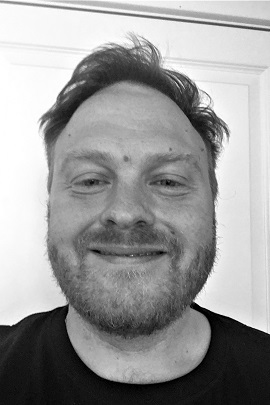
Kasper Grotle Rasmussen
Syddansk University, Denmark
Dr. Kasper Grotle Rasmussen is a Danish historian focusing on the intellectual history of America’s relationship with the rest of the world, especially in the 20th and 21st centuries. He studies the history of foreign relations (from the Cold War to the present), but takes a broad interpretation of the term to include politics, economics, military, culture, ideas and emotions. He has done extensive work on the period from 1945 to 1963, especially the Kennedy Administration. Currently, he is engaged in research about American conspiracy theories and their role in society and culture (especially theories about the New World Order, the Deep State and 9/11).
Publications

Hulda Thórisdóttir
University of Iceland
Dr. Hulda Þórisdóttir is a Professor of Political Science at the University of Iceland, specializing in political psychology. She earned her Ph.D. in Social Psychology from New York University in 2007 and has held positions at Princeton University and NYU Abu Dhabi. Her research examines political ideology, the emotional foundations of attitudes, and the role of fear and distrust in shaping political orientations and conspiracy beliefs. She has contributed to large-scale comparative surveys, highlighting links between conspiracy mentality and political extremes, and co-authored Conspiracy Theories and the Nordic Countries. She also co-leads the Icelandic National Election Studies.
Publications

